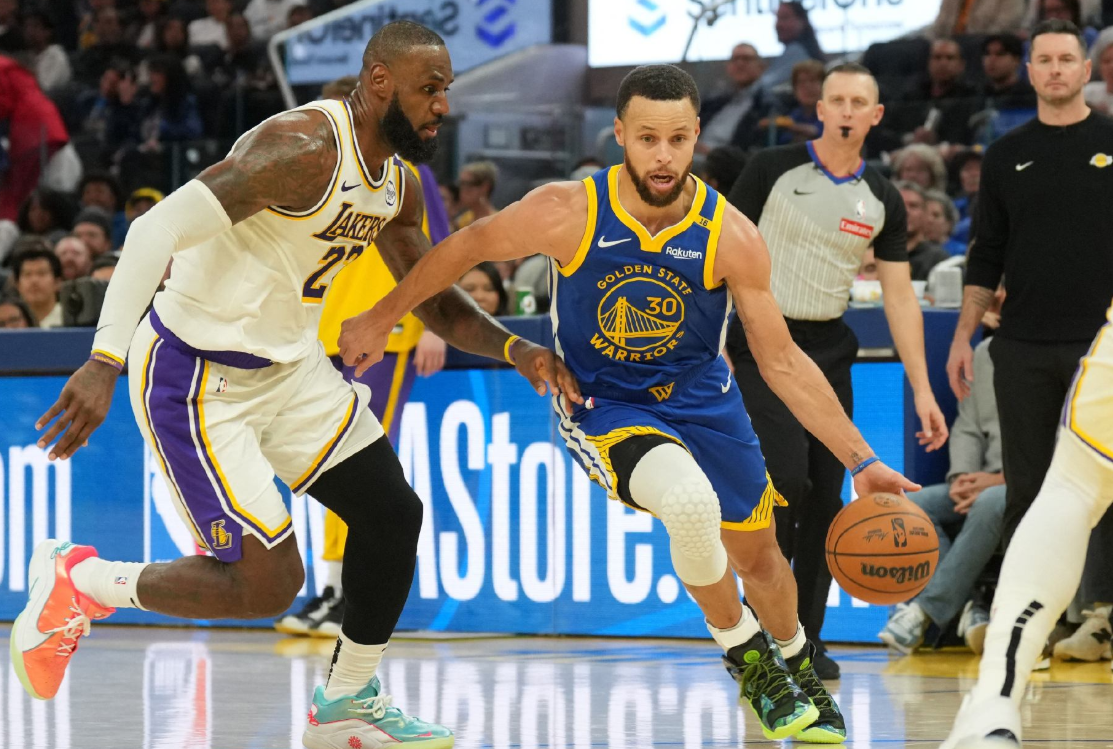The regular season has been underway for two months, and many teams have not performed up to expectations, leading them to seek reinforcements in the trade market. For example, the Warriors have already acquired Schroder, but from an actual performance standpoint, it will take time for Schroder to integrate into the team. The big names on the trade market, such as Butler from the Heat, Ingram from the Pelicans, LaVine from the Bulls, and the already open Nets supermarket, are targets of interest for many championship-contending teams. In the early hours of the 30th, journalist Shams Charania confirmed that the Lakers have officially completed a trade with the Nets, sending away Russell, Lewis, and three second-round picks in exchange for sharpshooter Finney-Smith and Milton! This trade by the Lakers not only avoids giving up first-round picks but also successfully outmaneuvers competitors, while also saving $15 million in luxury tax, achieving multiple goals at once!
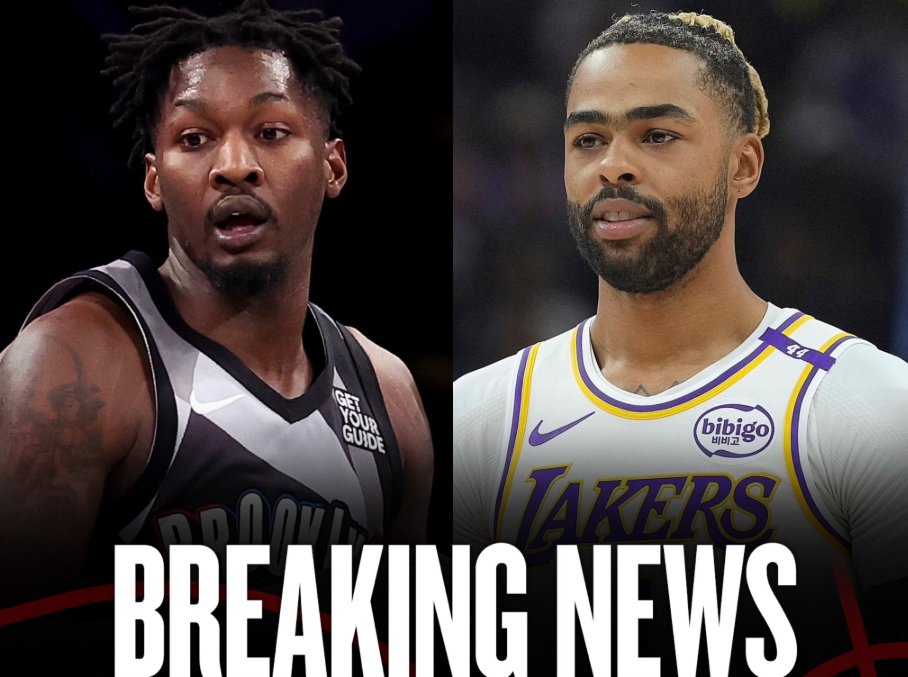
Since the start of this season, the Lakers have a record of 18 wins and 13 losses, ranking fifth in the West, which is not particularly bad. However, the team has exposed many problems, such as excessive reliance on the James-Brow combination. When either LeBron or AD performs poorly, the Lakers find it difficult to win games. Additionally, the Lakers' bench averages only 25 points per game, ranking 29th in the league, just above the Knicks who rarely use their bench (averaging 21 points). There are many reasons for the bench's weakness, including long-term injuries to players like Vanderbilt, Wood, and Hayes, as well as opponents easily targeting the Lakers' finishing points when the James-Brow duo is separated, resulting in insufficient firepower. A few days ago, the Lakers' team reporter confirmed that the Lakers are willing to strengthen the team by offering three future first-round picks, showing a clear attitude!
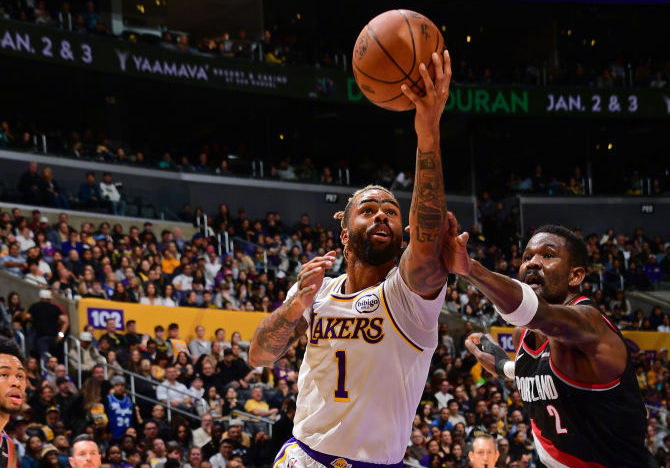
The key point of this trade is that the Lakers have indeed made a significant profit! First, Russell is on an expiring contract and has become a substitute this season, averaging 12.4 points and 4.7 assists, which is characterized by bursts of performance followed by several periods of decline. Moreover, media reports this season have captured moments where AD and head coach Redick were dissatisfied with Russell's offensive and defensive performance. In terms of actual effectiveness, he is not as good as rookie Knickert or the Lakers' summer signing of Christie for $32 million over four years. As for Maxwell Lewis, who was part of the trade package, he has hardly received any playing time this season, averaging only 0.6 points and 0.3 assists, making him dispensable. The truly interesting aspect of this trade is that the Grizzlies' team reporter previously revealed that the Grizzlies and Nets had basically reached an agreement regarding Finney-Smith.
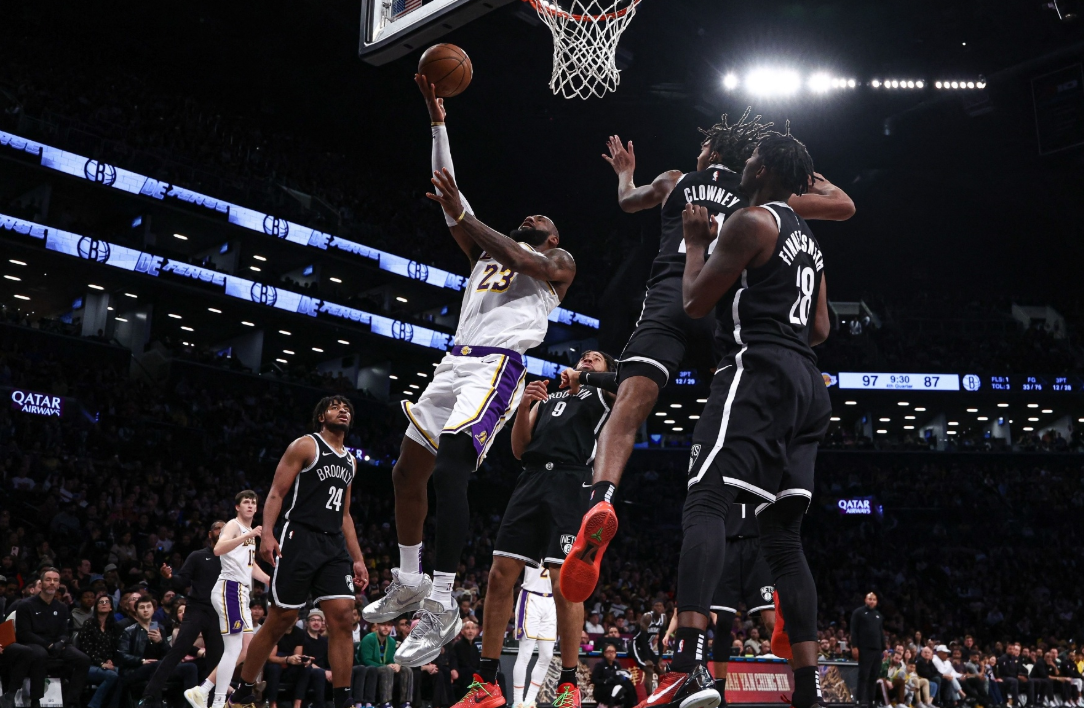
The Grizzlies' offer was Conchar, Kennard, and a first-round pick, which in overall value exceeds the Lakers' offer. However, due to the specific year and protected position of the first-round pick, no decision has been made, allowing the Lakers to successfully outbid! What level of player is Finney-Smith? He averages 10.4 points and 4.6 rebounds this season, with a three-point shooting percentage of 43.5% and an average of 2.4 three-pointers made per game. During his time with the Mavericks, Finney-Smith was positioned as a standard 3D player, capable of individual defense and shooting, able to play both the 3 and 4 positions, with sufficient height and wingspan. When the Nets put Finney-Smith on the trading block, according to salary experts' analysis, he was worth at least two first-round picks! Multiple teams, including the Grizzlies, Rockets, Bucks, and Nuggets, were very interested.
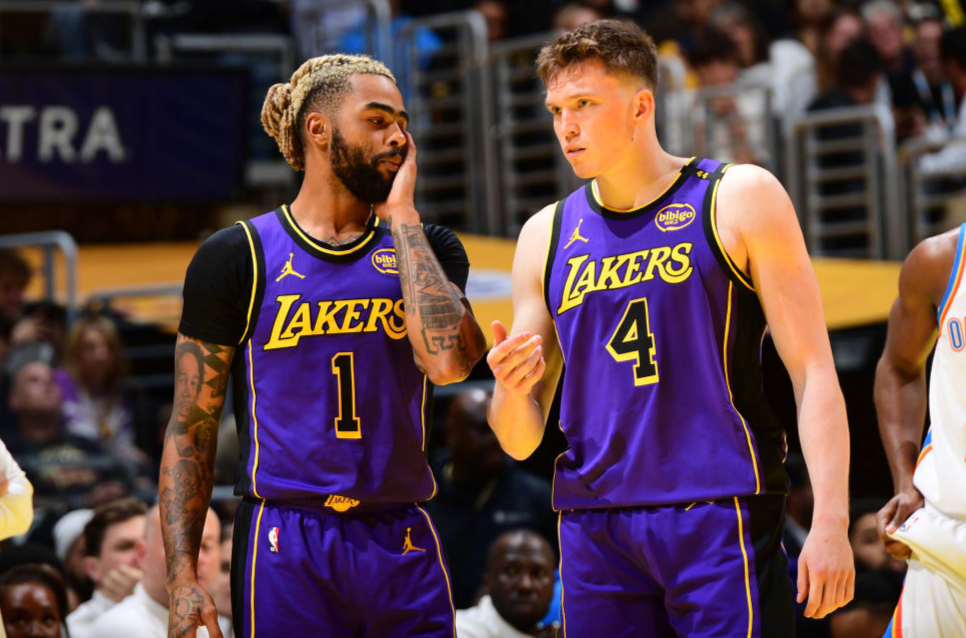
Additionally, Milton, who was part of the trade package, is easily overlooked. This season, Milton averages 18 minutes per game, contributing 7.4 points and 2.4 assists, with shooting percentages of 46% and 38%. If converted to 36-minute standard values, it would be 14.8 points and 4.8 assists, with a high efficiency rating. As a swingman, he excels in physical defense and can serve as a backup ball-handler, especially adept at chaotic situations. Russell's departure does leave the Lakers short of a backup point guard, but Russell had no intention of staying with the Lakers long-term and is destined to leave next summer. On this basis, the Lakers maximize his value by trading for Finney-Smith and Milton, instantly making the entire Lakers roster more three-dimensional.

Firstly, the Lakers' starting lineup: Reeves, Christie, Hachimura (competing with Finney-Smith), James, and Brow. On the bench: Knickert, Vincent, Reddish, with Hayes, Wood, and Vanderbilt nearing their return dates, the Lakers have enough frontline personnel. Moreover, when James and Brow lead separate segments, there are at least two stable shooting points to open up space on the court. Secondly, Reeves' output of an average of 18 points this season somewhat compensates for Russell's absence. However, the Lakers' three-point shooting percentage this season is 35.3%, ranking 18th in the league, and they average 11.8 three-pointers made per game, ranking 26th. The only reliable three-point shooters left are Reeves and James, but with the arrival of the two new recruits, the biggest weakness has been addressed.
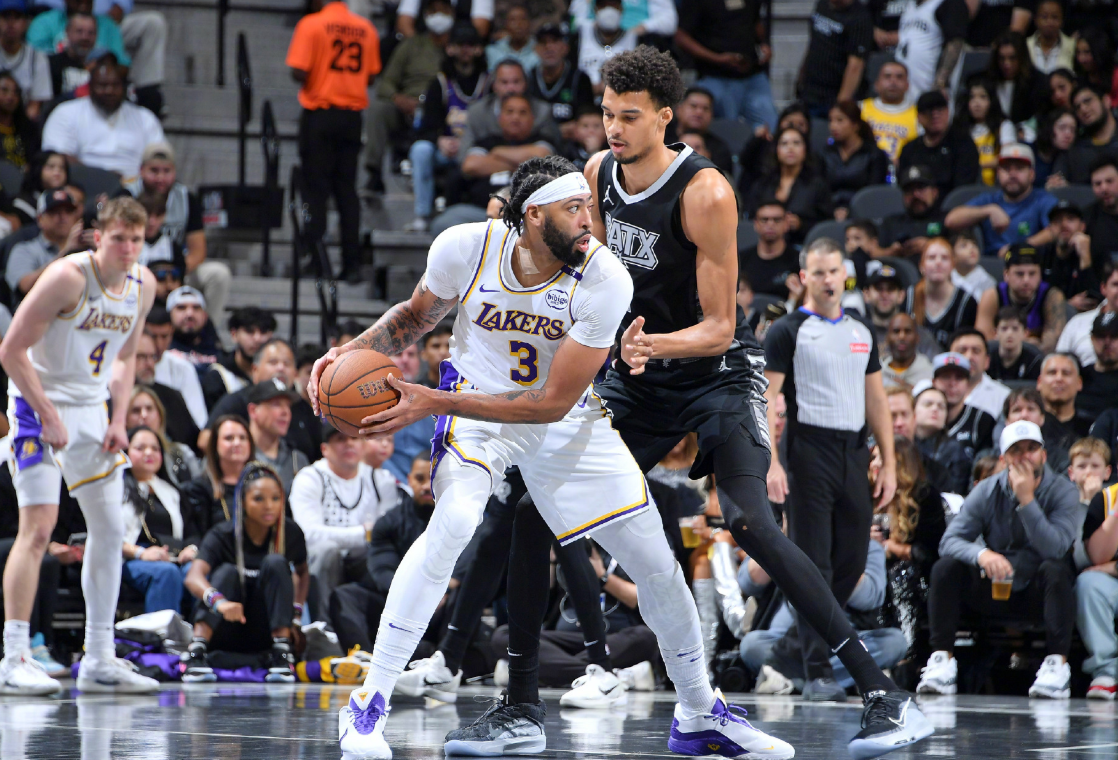
Wishing Russell all the best, hoping he can strive for his next big contract with the Nets. Having been sent to the Nets twice by the Lakers, we also thank him for his contributions to the Lakers over the years, but to be honest, he is not particularly suitable for playing alongside the James-Brow combination. As long as Finney-Smith plays at his normal level from his previous time with the Nets and Mavericks, the Lakers' frontline configuration is sufficient to last until the playoffs. Once in the playoffs, the James-Brow duo fears no opponent, and the Lakers still have a chance to compete for the championship.
